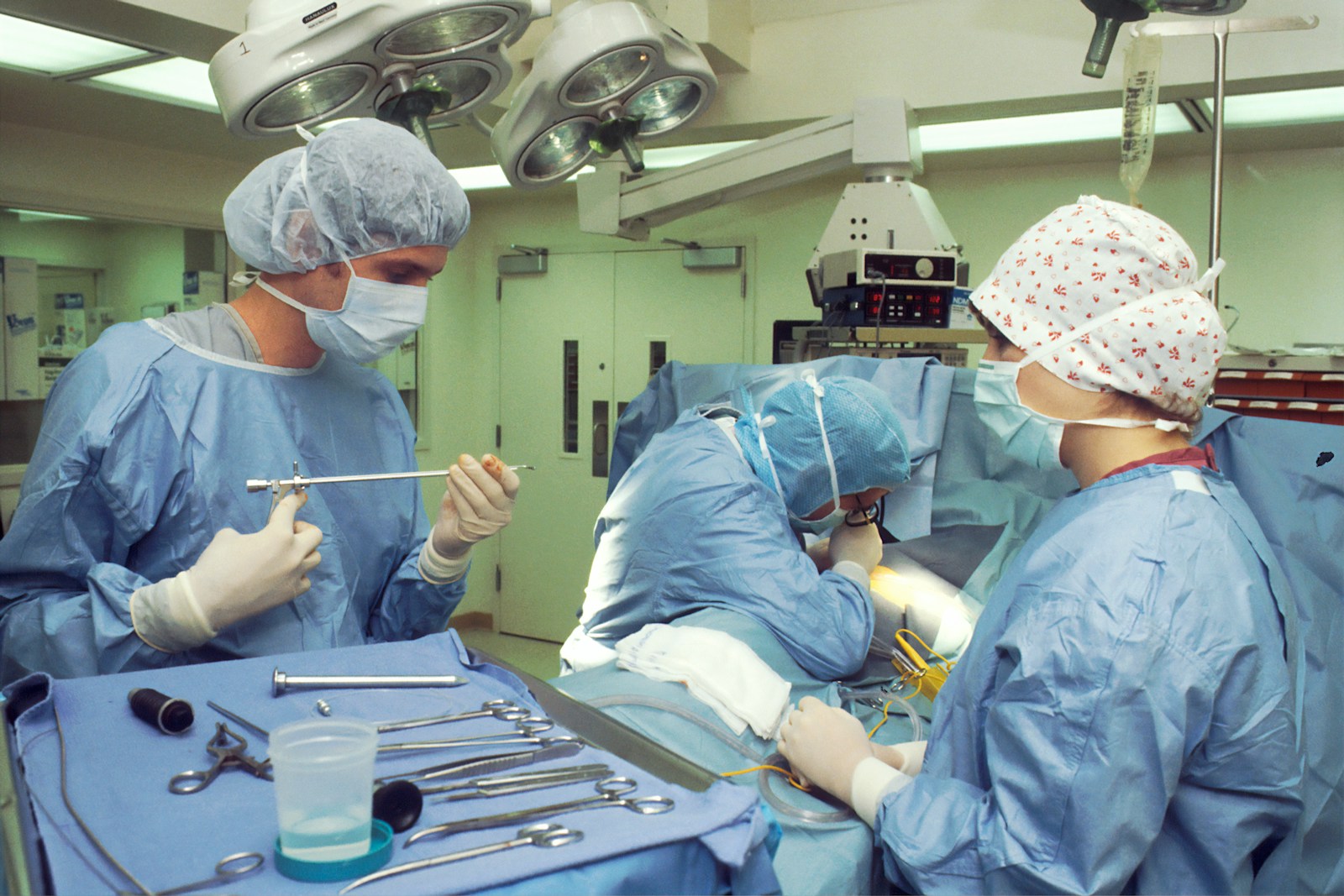Robotic Surgery: Historic Breakthrough with Strong Positive Impact
In today’s rapidly evolving medical landscape, innovation has become the driving force behind life-saving treatments. Robotic Surgery is no longer a futuristic dream but a reality transforming modern healthcare through unmatched accuracy, safer outcomes, and hope for millions of patients worldwide.
A New Era of Surgical Precision
Robotic Surgery has emerged as one of the most groundbreaking medical technologies of our time. With robotic arms providing unmatched accuracy and high-definition 3D vision, surgeons can perform procedures with minimal human error. This breakthrough represents a leap in trust between patients and the healthcare system.
Why the First Kidney Operation Matters
The first kidney operation performed with robotic-assisted surgery carries global importance. It proves that advanced medical innovation is no longer reserved for developed countries. By reducing recovery time and complications, this achievement places South Africa among pioneers in surgical robotics. For deeper insights, the World Health Organization reports extensively on the future of robotic healthcare.
Faster Recovery and Less Pain
Robotic Surgery: One of the biggest advantages of this minimally invasive robotic procedure is the rapid recovery it provides. Patients often experience less pain, smaller scars, and faster healing compared to traditional surgeries. This translates into better quality of life and fewer days spent in hospital care.
Enhancing Surgeon Capabilities
Robotic-assisted surgery is not meant to replace doctors but to enhance their abilities. Surgeons gain magnified 3D visualization and precise control over delicate instruments, making operations safer and more efficient. This combination of human expertise and machine accuracy ensures consistently better results.
Global Expansion and Local Benefits
Surgical robotics is expanding across the globe, but its success in South Africa highlights how emerging economies can also benefit from cutting-edge healthcare. This accomplishment opens the door for regional hospitals to collaborate internationally and improve access to advanced procedures.
Education and Training for the Next Generation
For robotic healthcare innovation to thrive, investment in training is vital. Medical universities and hospitals are launching dedicated programs to prepare skilled surgeons for robotic-assisted procedures. Learn more about evolving medical practices in our guide on medical innovation trends.
Cost Efficiency and Long-Term Gains
Although surgical robotics may require significant initial investment, the long-term benefits outweigh the costs. Reduced hospital stays, fewer complications, and higher efficiency make this technology a cost-effective choice for health systems aiming to deliver better care at scale.
Robotic Surgery & Psychological Comfort for Patients
Patients undergoing high-precision surgeries often experience a significant sense of reassurance and calm. Understanding that the procedure involves smaller incisions, minimal trauma, and a faster recovery period reduces preoperative anxiety and enhances confidence. This psychological comfort is not merely emotional it can directly influence the healing process. Studies show that patients who feel less stressed before surgery tend to recover more quickly, experience fewer complications, and have a more positive overall surgical experience. By prioritizing patient comfort and clear communication, healthcare providers can improve both emotional well-being and clinical outcomes.
Innovation as a Healthcare Game-Changer
The adoption of robotic-assisted surgery is more than just a technological update it represents a shift in how healthcare operates. When paired with government support and continuous education, robotic systems become a powerful tool for creating accessible, modern medical care.
A New Chapter in Global Medicine
The successful robotic kidney operation in South Africa symbolizes what is possible when technology and human expertise unite. It marks the beginning of a new chapter in global healthcare, where surgical robotics promises safer, faster, and more compassionate treatments for millions of patients worldwide.
Conclusion
Robotic Surgery is no longer confined to futuristic imaginations. With its potential for faster recovery, reduced risks, and improved patient outcomes, this innovation is transforming medicine today. The first kidney operation is just the start of a future where precision and compassion define healthcare progress.




